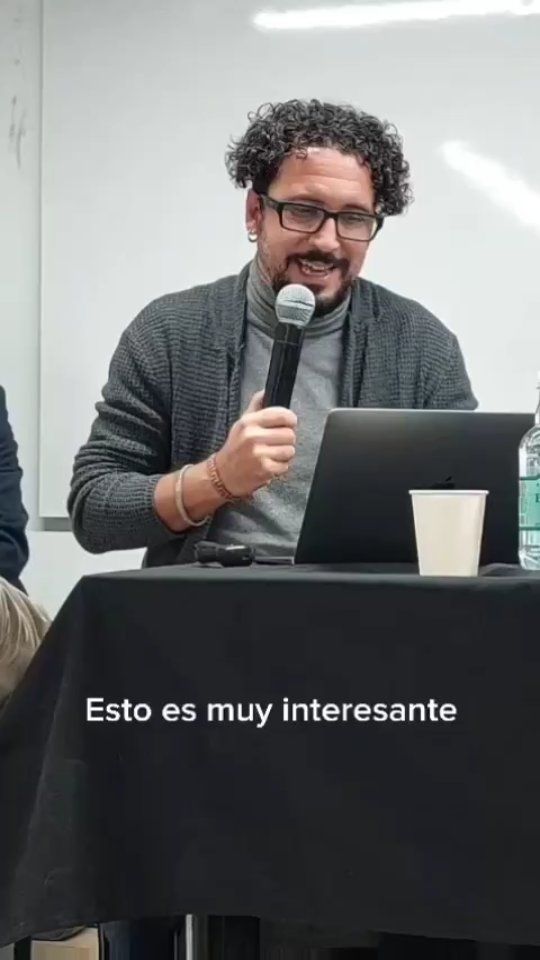Otros Cruces is an organization that promotes and studies the various intersections between religion and politics in the public space, from a human rights perspective and with the aim of contributing to democratic coexistence.
To this end, it seeks the encounter between different people who want to achieve things that are not so different, through the crossroads between faith and reality, between religious communities and civil society organizations, between paths of spirituality and political actors. Dialogue is established as a platform for mutual knowledge and the enrichment of beliefs from their diverse expressions and experiences, as a contribution to the construction of new knowledge, experiences and forms of advocacy.





